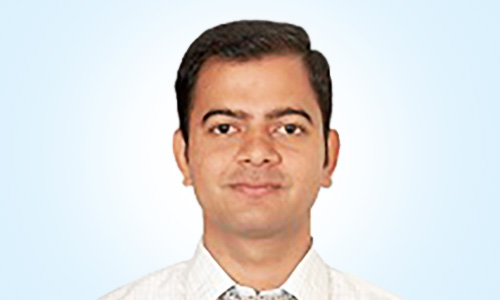
Professor Ashwin Seshia – Chief Scientific Officer and Director
Silicon Microgravity was formed to commercialise the academic work pioneered by Ashwin. He received his BTech in Engineering Physics in 1996 from IIT Bombay, MS and PhD degrees in Electrical Engineering and Computer Sciences from the University of California, Berkeley in 1999 and 2002 respectively, and the MA from the University of Cambridge in 2008. During his time at the University of California, Berkeley, he was affiliated with the Berkeley Sensor & Actuator Center. He joined the faculty of the Engineering Department at the University of Cambridge in October 2002 where he is presently the Professor of Microsystems Technology and a Fellow of Queens' College. He is a Fellow of the Institute of Physics, a Fellow of the Institution for Engineering and Technology and a senior member of the Institute of Electrical and Electronics Engineers. His research interests are in the domain of micro-engineered dynamical systems with applications to sensors and sensor systems.

Francis Neill – Chief Executive Officer and Director
Experienced manager of private equity backed companies with a proven track record of developing award winning companies and delivering exceptional returns for investors. He was the CEO of EV which he grew from revenues of under £1m to £22m over 5 years and has a strong background in the oil and gas sector, developing his career at Schlumberger, Aker Solutions and Expro.

Colin Baker - Chief Technical Officer and Director to Board
Colin has more than 20 years of research and development experience of technical innovation in both start-up and corporate environments. Colin obtained his BSc in 2000 in Physics at The University of Sheffield being awarded the Clarke Prize in Experimental Physics, and a PhD in Semiconductor Physics at the Cavendish industrially funded by Toshiba Research Europe in 2004. Between 2004 and 2006, he worked at TeraView Ltd, a spin out from Toshiba Research Europe as a Research and Applications Scientist. In 2006 he joined Microsaic Systems, a spin out of Imperial College London, as a MEMS development Engineer. He then worked for Cambridge Display Technology, a spinout from the University of Cambridge, from 2008 until 2016, as a Senior Engineer and later Group Leader of Substrates and Test. Colin’s was also a Project Technical lead for the R&D department at ENVEA UK Ltd (formerly PCME Ltd) between 2016 to 2019.

Roger Howe – Strategy Board Adviser
Roger T. Howe is the William E. Ayer Professor in the Department of Electrical Engineering at Stanford University, as well as the Faculty Director of the Stanford Nanofabrication Facility. He earned a B.S. degree in physics from Harvey Mudd College, Claremont, California and an M.S. and Ph.D. in electrical engineering from the University of California, Berkeley in 1981 and 1984. After faculty positions at Carnegie-Mellon University in 1984-1985 and the Massachusetts Institute of Technology from 1985-1987, he returned to Berkeley where he was a Professor until 2005. His research interests include micro electromechanical system (MEMS) design, micro/nanomachining processes, and self-assembly processes. A major focus of his research from the early 1980s until recently was technologies for integrated microsystems, which incorporate both silicon integrated circuits and micromechanical structrures. Recently, his research has shifted to nano electromechanical systems (NEMS), for applications ranging from chemical sensors to relays and logic devices. Prof. Howe has made contributions to the design of MEMS accelerometers, gyroscopes, electrostatic actuators, and microresonators. He was elected an IEEE Fellow in 1996, was co-recipient of the 1998 IEEE Cledo Brunetti Award, was elected to the U.S. National Academy of Engineering in 2005, and was co-recipient of the inaugural IEEE Electron Devices Society Robert Bosch Micro and Nano Electromechanical Systems Award in 2015 for his contributions to MEMS processes, devices, and systems. He was a co-founder of Silicon Clocks, Inc., a start-up company that commercialized poly-SiGe integrated MEMS-on-CMOS for timing applications, which was acquired by Silicon Laboratories, Inc., in April 2010. In December 2009, he became the Faculty Director of the Stanford Nanofabrication Facility. From 2011 - 2015, he was the Director of the National Nanotechnology Infrastructure Network (NNIN).

Francis
Chief Executive Officer & Director

Trevor
CFO

Ashwin
CSO

Colin
CTO
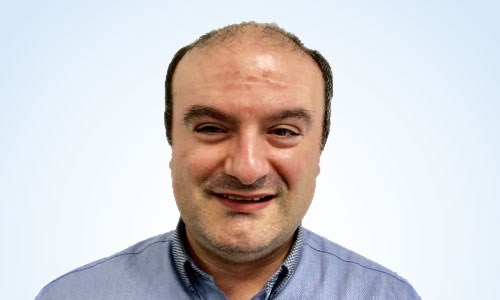
Callisto
Electronic Design Engineer

Douglas
Software Design and Integration Engineer

James
Senior Mechanical Engineer
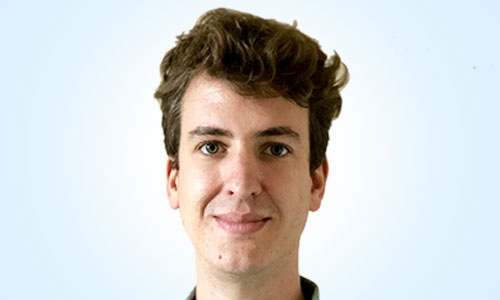
Guillermo
MEMS design engineer

Guy
Junior Design Engineer
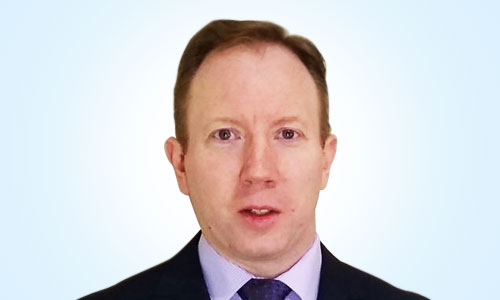
Niall
Electronics Engineer

Matthew
Experimental Physicist

Lokesh
Experimental Physicist
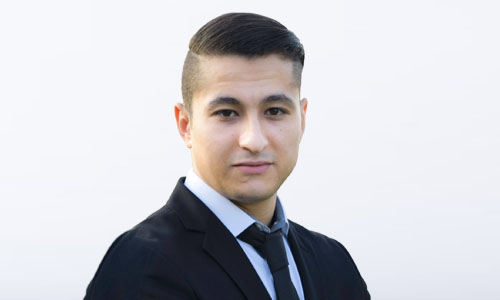
Hamza
MEMS Design & Development Engineer

Theo
MEMS Design & Development Engineer
